In recent years, China and Pakistan have enjoyed a strong bilateral relationship with trade. Investment, and infrastructure projects at the forefront. One of the key aspects of this relationship is the China-Pakistan Economic Corridor (CPEC). A multi-billion dollar initiative aimed at bolstering connectivity between the two countries. When China-Pakistan Border Open In 2024? With the promise of economic growth and development. Many in Pakistan have looked forward to the day when the borders between the two nations would open up for easier travel and trade. China will be opening its borders for closer ties with Pakistan.
Bringing economic benefits and cultural exchange. As the year 2024 approaches, both nations are preparing for this significant milestone that will further solidify their partnership and pave the way for a closer. More interconnected future.
Current Status of China-Pakistan Border Reasons for the Closure Potential Impact on Trade and Tourism Updates on Negotiations between China and Pakistan. Tips for Travelers Planning to Visit the China-Pakistan Border region Can you cross the Pakistan China border?
Current Status Of China-Pakistan Border
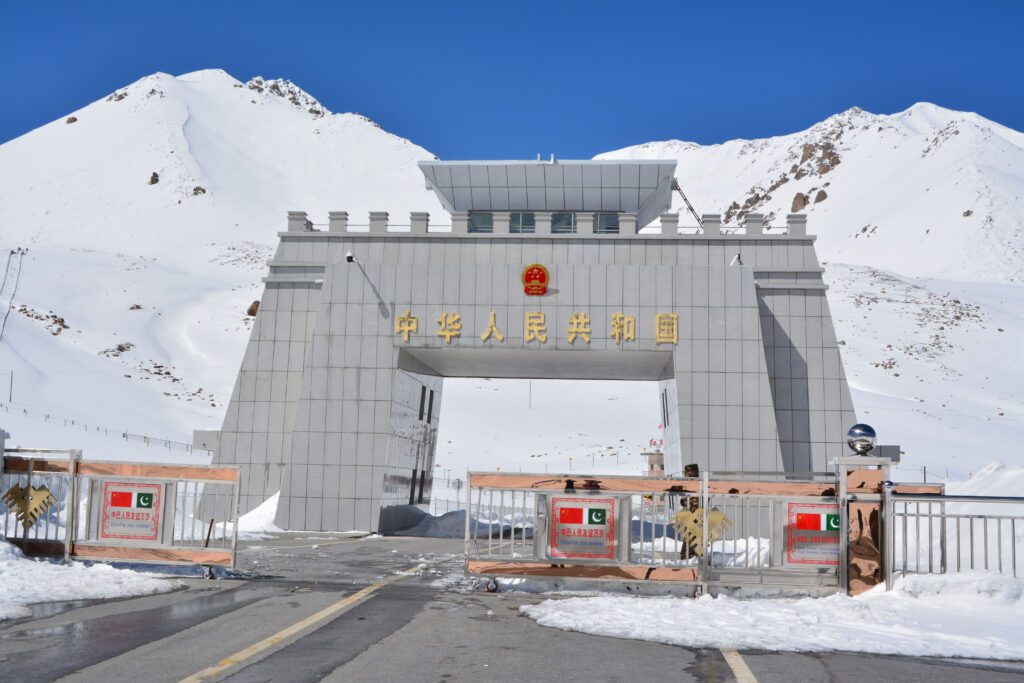
As of now, the China-Pakistan border remains closed to most travelers due to the ongoing COVID-19 pandemic. Both countries have implemented strict border control measures to prevent the spread of the virus and ensure the safety of their citizens. This closure has had a significant impact on trade, tourism, and other cross-border activities between the two countries. The China-Pakistan border is a crucial link between the two countries, facilitating trade and cultural exchanges. It stretches over 500 kilometers and includes several crossing points. The border is strategically important for both countries, as it connects China’s Xinjiang region with Pakistan’s Gilgit-Baltistan region. In recent years, China and Pakistan have deepened their economic and strategic cooperation through initiatives such as the China-Pakistan Economic Corridor (CPEC).
This landmark project aims to enhance connectivity between the two countries through infrastructure development, energy projects, and economic zones. The border plays a vital role in facilitating the movement of goods and people involved in these initiatives. Despite the border closure, both countries have continued to cooperate on various fronts, including joint efforts to combat the pandemic. Trade agreements, and cultural exchanges. However, the restrictions on travel have had a significant impact on businesses and individuals who rely on cross-border activities for their livelihoods. In the context of the COVID-19 pandemic, the reopening of the China-Pakistan border is a complex and multifaceted issue. Both countries need to carefully consider the health and safety of their populations while also ensuring the smooth flow of goods and services across the border.
As the situation evolves, officials from both countries are likely closely monitoring the developments and working towards a gradual reopening of the border. The prospect of the China-Pakistan border reopening in 2024 is uncertain and depends on various factors. Including the containment of the virus, vaccination efforts, and bilateral negotiations between the two countries. It is crucial for both China and Pakistan to coordinate closely and make informed decisions based on public health recommendations and economic considerations. In the meantime, travelers and businesses that rely on the China-Pakistan border for their activities will need to adapt to the current restrictions and explore alternative routes and modes of cooperation.
Reasons For The Closure
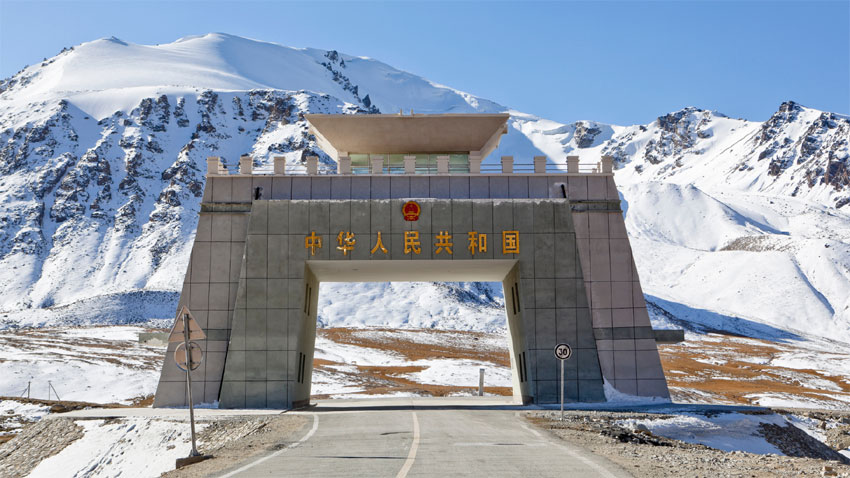
The closure of the China-Pakistan border has been a hot topic of discussion for many years now. Many people are eager to know when this border will finally reopen for regular travel and trade between the two countries. One of the main reasons is the ongoing conflict and tensions in the region. Another reason for the closure of the border is security concerns.
With the rise of terrorist activities in the region, both China and Pakistan have taken strict measures to ensure the safety and security of their citizens. This has led to increased border control and restrictions on who can enter or exit the country. Additionally, there are also logistical reasons for the closure of the border. This has led to congestion and delays at the border, further complicating the situation. The COVID-19 pandemic has also played a role in the closure of the China-Pakistan border. Both countries have had to prioritize the health and safety of their citizens, leading to stricter regulations at the border.
Furthermore, political factors have also contributed to the continued closure of the border. Both China and Pakistan have their own political agendas and priorities, which can sometimes clash with each other. This has made it challenging to reach agreements on reopening the border and resuming normal relations between the two countries. The ongoing conflicts, security concerns, logistical challenges, COVID-19 pandemic, and political considerations all play a role in determining when the border will finally reopen for regular travel and trade. It is important for both countries to work together and address these issues in a collaborative manner to ensure the smooth functioning of the border in the future.
Potential Impact On Trade And Tourism
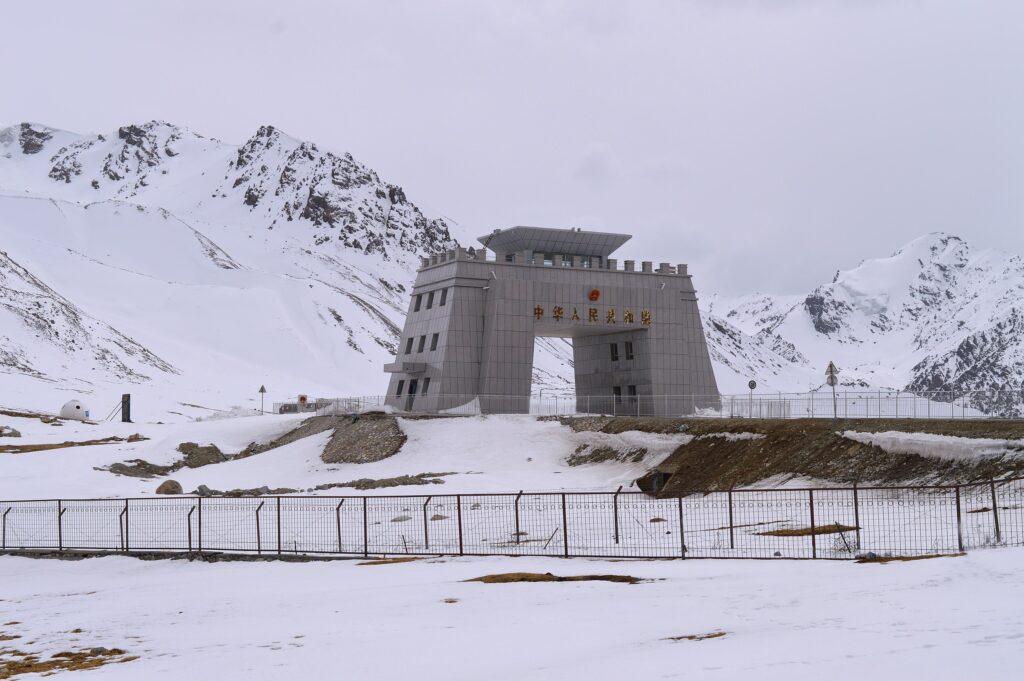
The potential opening of the China-Pakistan border in 2024 could have significant impacts on both trade and tourism between the two countries. As China and Pakistan are close allies with an already strong trade relationship, the opening of the border could further facilitate the flow of goods and services between the two nations. In terms of trade, the opening of the border could lead to an increase in bilateral trade volume. Currently, China is Pakistan’s largest trading partner, with trade between the two countries reaching billions of dollars each year.
With the border open, businesses in both countries would have greater access to each other’s markets, leading to increased trade opportunities and potentially boosting economic growth in both nations. Furthermore, the opening of the border could also lead to greater collaboration between Chinese and Pakistani companies. With easier access to each other’s markets, businesses in both countries could explore new partnerships and joint ventures, leading to increased investment and technology transfer between the two nations. On the tourism front, the opening of the border could also have a significant impact.
With the border open, tourists from both countries would have greater ease in traveling to each other’s countries, leading to a potential boost in tourism for both nations. Pakistan is already a popular destination for Chinese tourists, with many flocking to the country to explore its rich cultural heritage and natural beauty.
With the border open, more Chinese tourists could visit Pakistan, leading to an increase in tourism revenue for the country. Similarly, Pakistani tourists could also benefit from the opening of the border, with greater access to popular tourist destinations in China such as Beijing, Shanghai, and the Great Wall. This could lead to an increase in cultural exchanges between the two countries and a greater understanding of each other’s traditions and customs. Overall, the opening of the China-Pakistan border in 2024 could have far-reaching impacts on trade and tourism between the two countries. With increased trade opportunities and greater ease in traveling between the two nations, both China and Pakistan stand to benefit from closer economic and cultural ties in the years to come.
Updates On Negotiations Between China And Pakistan
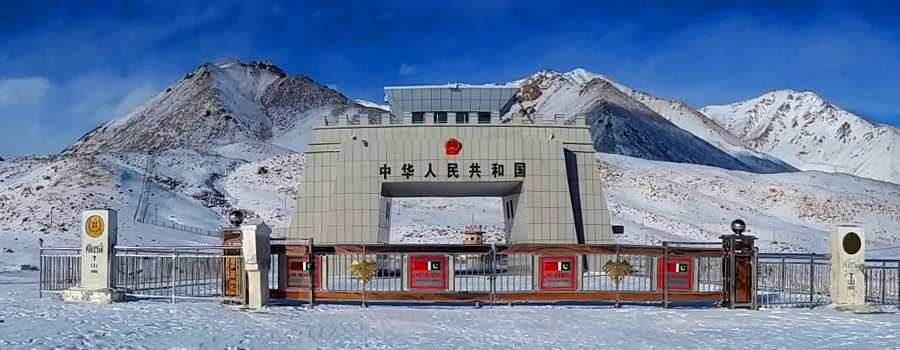
As the world eagerly awaits the opening of the border between China and Pakistan, negotiations between the two countries have been ongoing to determine when this much-anticipated event will finally take place. Both China and Pakistan understand the importance of maintaining a secure border to prevent any unauthorized movements or security threats. This includes ensuring the smooth flow of goods and people across the border, as well as improving transportation links to facilitate trade and travel between China and Pakistan.
Another important aspect of the negotiations has been the economic benefits that the opening of the border will bring to both countries. China and Pakistan are keen to capitalize on the potential for increased trade and investment once the border is opened, which will create new opportunities for businesses on both sides. Discussions have been held on how to streamline customs procedures, reduce trade barriers, and promote economic cooperation to maximize the benefits of the open border for both countries.
Differences in regulations and standards between China and Pakistan have posed a significant hurdle, as both countries work to harmonize their policies to facilitate cross-border trade and travel. Overall, the negotiations between China and Pakistan have been productive, with both sides showing a strong commitment to reaching a mutually beneficial agreement on opening the border.
Tips For Travelers Planning To Visit The China-Pakistan Border Region
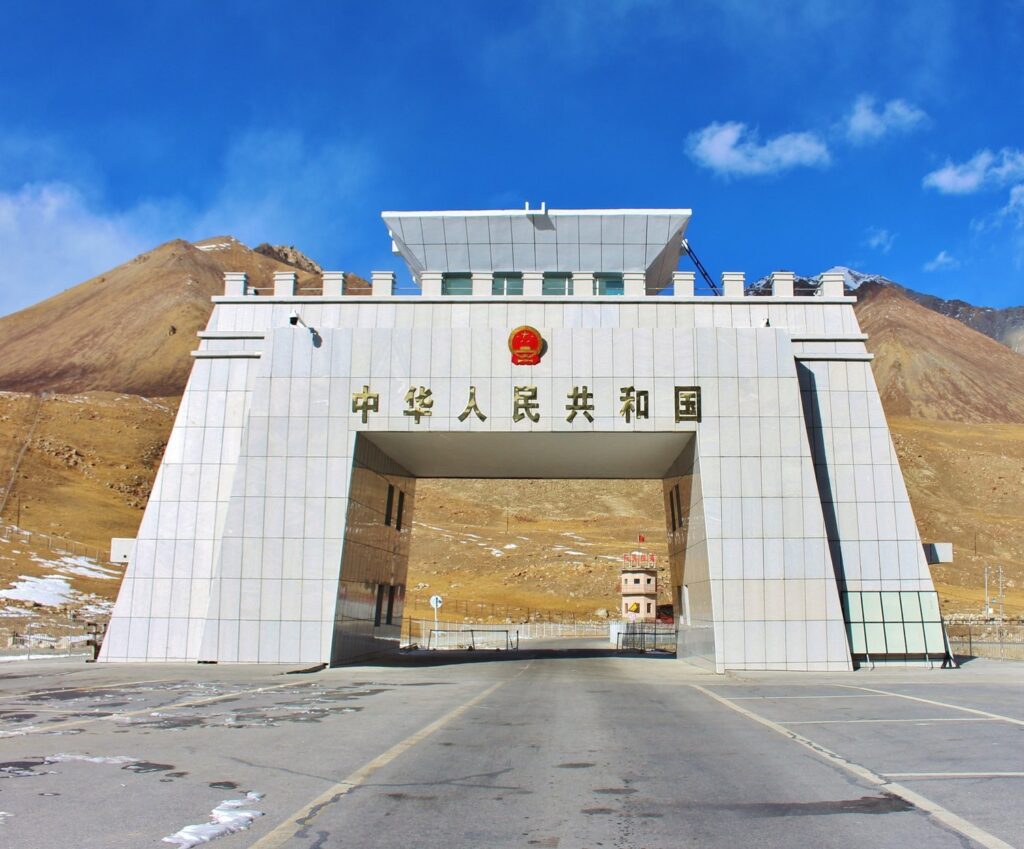
Traveling to the China-Pakistan border region can be an exciting and unique experience, filled with stunning landscapes, cultural exchanges, and historical significance. However, there are certain things that travelers should keep in mind when planning their trip to this remote and less traveled area. First and foremost, it is important to remember that the border region between China and Pakistan can be quite sensitive due to past conflicts and ongoing tensions.
Therefore, it is crucial to check the current political situation and travel advisories before embarking on your journey. Make sure to obtain all necessary permits and visas required for traveling to this region, as border security is tight and unauthorized entry can lead to serious consequences. When it comes to transportation, keep in mind that the roads in this region may be rough and unpredictable, especially during certain times of the year. It is advisable to hire a local driver or guide who is familiar with the area and can navigate the challenging terrain.
Staying with local families or in guesthouses can also provide a more authentic cultural experience and a chance to interact with the hospitable locals. Health and safety should be top priorities when traveling to the border region.
Make sure to pack essential medications, first aid supplies, and insect repellent to protect against common ailments and diseases. It is also important to stay hydrated, especially in higher altitudes, and avoid drinking tap water to prevent stomach illnesses. When interacting with locals, it is important to be respectful of cultural norms and traditions. Dress modestly, ask for permission before taking photos, and be mindful of religious practices and customs. Learning some basic phrases in the local language can also go a long way in building rapport and fostering positive interactions with the people you meet along the way.
Pack appropriate clothing layers, including warm jackets and waterproof gear, as temperatures can vary greatly depending on the altitude and time of year. In conclusion, traveling to the China-Pakistan border region can be a rewarding experience for adventurous and culturally curious travelers. By following these tips and being prepared for the challenges that may arise, you can make the most of your trip and create lasting memories in this unique and fascinating part of the world.
Conclusion
In conclusion, the opening of China’s border for Pakistan in 2024 holds significant promise for both countries. This development is expected to enhance bilateral trade, facilitate cultural exchange, and strengthen diplomatic ties. It will pave the way for increased cooperation and collaboration between the two nations, opening up new opportunities for growth and development. The anticipated opening of the border in 2024 marks a positive step towards fostering closer relations and fostering mutual prosperity.
FAQs
When will the China-Pakistan border reopen for regular travel and trade?
The exact date for the reopening of the China-Pakistan border has not been confirmed yet. However, it is anticipated to occur in 2024, pending negotiations and considerations related to security, logistics, and the COVID-19 pandemic.
What factors have led to the closure of the China-Pakistan border in recent years?
The closure of the border has been influenced by various factors including territorial disputes, security concerns due to terrorist activities, logistical challenges, and the impact of the COVID-19 pandemic. Political considerations and differences in regulations between the two countries have also played a role.
How will the reopening of the China-Pakistan border impact trade and tourism?
The reopening of the border is expected to boost bilateral trade between China and Pakistan, creating new opportunities for businesses and increasing economic growth in both countries. Additionally, it will likely lead to a surge in tourism, allowing for greater cultural exchange and exploration of tourist attractions in both nations.
What progress has been made in negotiations between China and Pakistan regarding the border reopening?
Negotiations between China and Pakistan have been ongoing, focusing on security measures, infrastructure improvements, and economic cooperation. While specific timelines have not been confirmed, significant progress has been made towards reaching a mutually beneficial agreement.
What are some tips for travelers planning to visit the China-Pakistan border region?
Travelers should stay informed about the political situation and travel advisories, obtain necessary permits and visas, hire local guides/drivers, book accommodations in advance, pack essential supplies, respect local customs and traditions, and prepare for unpredictable weather conditions.
Can travelers currently cross the Pakistan-China border?
As of now, the border remains closed to most travelers due to the COVID-19 pandemic and other security concerns. Travelers should check for updates on border status and adhere to any restrictions or guidelines issued by relevant authorities.





[…] centuries, the Khunjerab Pass has served not only as a vital trade route between the two countries. But also as a symbol of […]